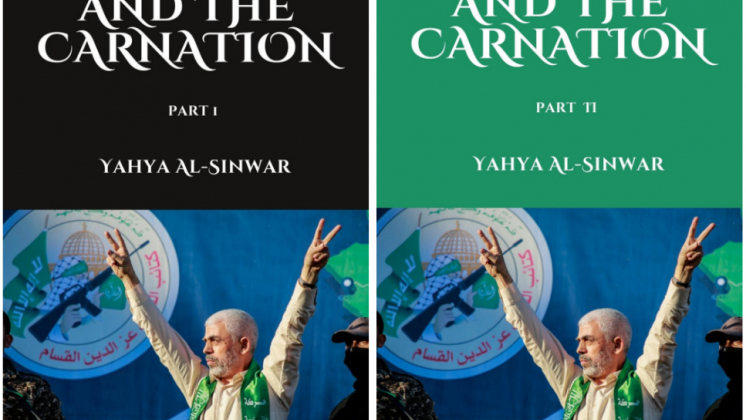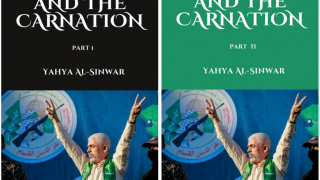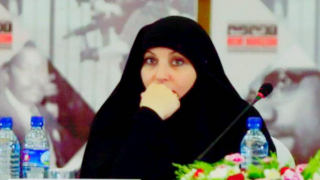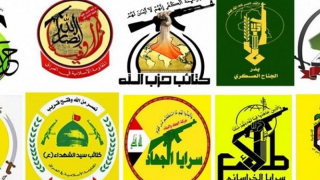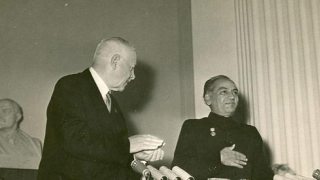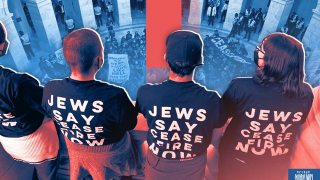A Review of THE THORN AND THE CARNATION by Martyr Yahya Al-Sinwar
11.10.2025
Sinwar, Yahya, The Thorn and the Carnation, Algiers: TASQ, 2004 (English translation, 2024).
Yahya Sinwar was the fourth leader of the Hamas political party in Palestine and Hamas’s resistance leader in Gaza. During the Palestinian Genocide, he was murdered by “Israeli” Occupation forces on October 16, 2024. Perhaps already mortally wounded, he rested quietly in a chair in a bombed-out apartment. When approached by an Occupation drone, he greeted it with a cold look and a thrown stick. So was born “Sinwar’s Stick,” a neological proverb for sumud defiance against all odds, without surrender even at the end. Sinwar lived the spirit of his posthumous eponymous maxim his entire adult life. He wrote The Thorn and the Carnation while in a Zionist prison.
The book has been called autobiographical or semi-autobiographical. It has also been described as a collection of thematic stories. I call it reality-informed historical fiction—drama tinged with action, romance, and suspense. Reading it, one may have difficulty separating the author from his characters. In this case, such conflation adds rather than detracts or distracts. Your reviewer also kept comparing the flowing story in the book to the ongoing saga in Palestine. I had a similar experience while reading and reviewing Yarwa Hawari’s The Stone House, another excellent dramatization. These stories are, of course, part of the moving history of West Asia; as even the publisher notes in a Goodreads summary:
<<The Thorn and the Carnation serves as a clarion call to comprehend the Palestinian reality — a narrative penned by those who refuse to be silenced, speaking directly to the heart of the global community. It is a narrative of resistance, of profound cultural identity, and an unyielding quest for freedom and justice, echoed in the authentic voices of its characters.>>
The entire tale is extraordinarily well-written, a feature that shines through translation. And it is compelling both of its own accord and because it was written by an author who provided the authenticity of an expert, a witness, and a participant. The story begins in 1967 during the “Setback” and runs until the turn of the century. The plot is largely narrated through the eyes of Ahmad, a boy who grows into a man as fictional time progresses. Sinwar went to great lengths to build a convincing world for Ahmad, his brother, Mahmoud, the rest of their family, friends, conspirators, enemies, and historical figures.
So much of the story reminds me of everything I’ve read and learned about Palestinian life: the heroic optimism, dedication to family, faith, and tradition, and all. Sinwar successfully weaves all elements together in a way that showcases local life, the ordinary and the unusual, all while furthering the plot and its theme, resistance. This is summarized in chapter twenty, concerning the evolution of the Palestinian cause during the 1980s: <<He envisioned the rebellion turning into a constant state of resistance, becoming the main focus of Palestinian life, with all other aspects, including education, work, and health, adapting to support this central goal until the occupation is defeated.>>
Several aspects of this vision, in the book, and as I’ve observed during the literal conflict, jump out at me: there appears to be an unconquerable spirit within Palestinians grounded heavily in their faith, centered in family life, empowered by education, and propelled by constantly doing what has to be done. That theme and spirited dedication should inspire the entire world (even those few Americans still possessed of faith, wits, and muscle). The story ends with another of those localized tragedies that Palestinians perpetually turn into triumphs. Twenty years after that fictional ending, the genuine story of Palestine—Gaza, the West Bank, and beyond—still defies the odds, ever pressing onward towards victory.
I highly recommend and laud The Thorn and the Carnation. It is yet another excellent volume for any Palestine-centric library and a worthy tome of general literature. Please consult Goodreads for obtainment options.

